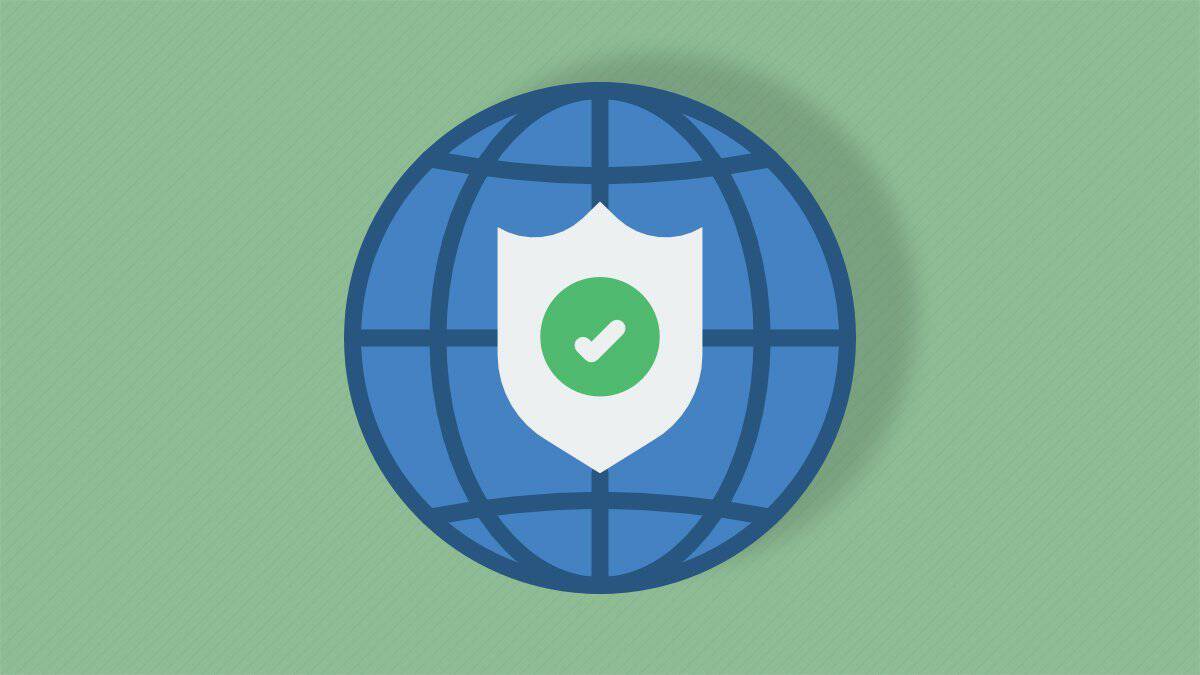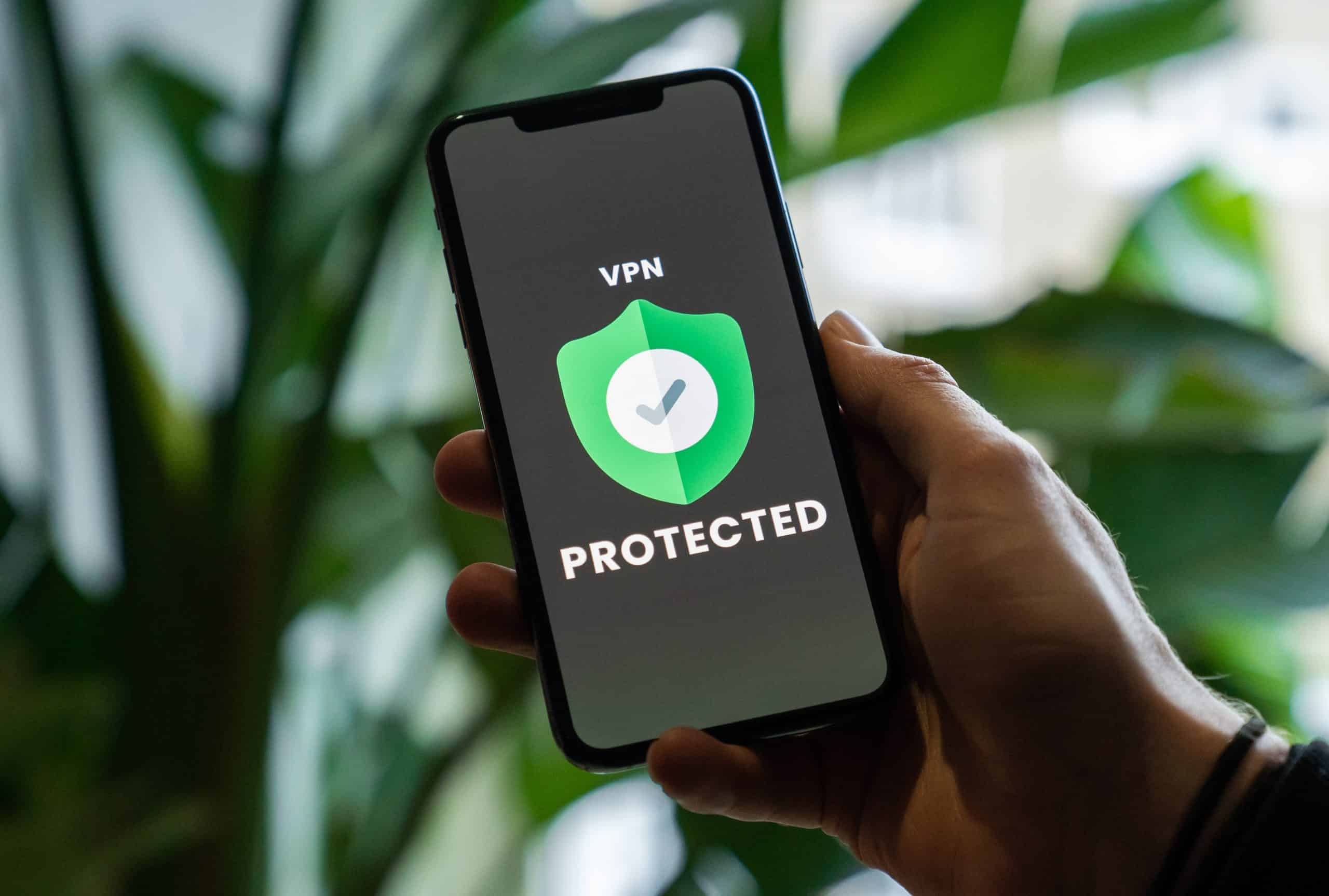Most people use a VPN to change their IP address. It lets you watch region-bound content and have greater online privacy. But can a search engine like Google still eavesdrop on your browsing activity?
The answer is yes. Search giants do not just rely on your IP address to determine your location. There are multiple ways in which your location and activities can be tracked. You can be tracked not only by search engines but also by other entities, including governments, third-party websites, and internet service providers.
Keep reading to find out how.
How Do You Get Monitored While Using A VPN?
Here are some of the major ways in which you can be tracked or monitored, even with a VPN.
1. Global Positioning System (GPS)
The GPS on your phone lets search engines and other entities know your real location. On Google Maps, GPS is enabled by default. So, the search engine can monitor your movements constantly. Your location is always visible to Google at all times.
2. Cookies On Your Device
Cookies are tiny files that are stored on your device by websites that you visit. This is done by the website to track your requests. Cookies store a variety of information. In particular, tracking cookies collect data like browsing behavior, geographic location, your device, and the pages you visit.
Although cookies cannot give out your exact location, it still help the search engine track where you are. Browsers like Mozilla Firefox for Fire TV gives you the option to clear cookies if you are sharing your Fire TV account.
3. Browser Fingerprinting

Browser fingerprinting is a technique to gather and analyze the characteristics and attributes of the web browser and device of a user. Through it, the browser type, operating system, and screen resolution, among other things are tracked.
This information is analyzed to create a digital fingerprint or unique identifier for every user. It remains consistent across browsing sessions. So, it is a great tool for identifying visitors and works way better than cookies. Here’s a list of the data collected by browser fingerprinting:
- Operating system
- Operating system language
- Whether or not cookies are enabled
- System fonts
- Navigator properties
- Keyboard layout
- Whether the browser is secure or not
- Whether using the Tor browser or not
- The web browser extensions used
- Browser’s local databases
4. Google Systems and Algorithms
If you are logged into your Gmail account and use a VPN, Google can monitor your interactions on the web. Your search history and interactions are kept within its systems. VPN functions as an encrypted tunnel that safeguards your activity between you and its portal.
If this portal is beside a Google server but outside the tunnel using the protocol you use to connect to Google, then the protocol would encrypt this communication. Google will decrypt it internally. Google also relies on many complex algorithms and technologies to identify users based on their search behavior and timing.
5. Spyware
Spyware is malware that tracks your PC’s activity. It can be downloaded to any device, whether streaming or mobile. Spyware monitors keystrokes, web browsing activity, and captures screenshots. It can also record audio or video.
This malware can creep into your device without your knowledge while browsing or exploring apps to watch content. For example, some heavy streamers often use or buy apps to access live sports, news, and movies. Pay-per-view video streaming is a common practice among dedicated fans, particularly to watch events like high-profile boxing matches. However, it is critical to remain vigilant when purchasing an app for a PPV event. Buying them from unofficial sources can compromise the security of your device. rewrite this para. include the keyword pay-per-view video streaming very naturally into the content. do not modify the keyword in any way
Once spyware comes into your system, it can steal confidential data, such as your financial information, passwords, and the like. Since spyware is challenging to detect, it’s crucial to exercise caution.
6. Misconfigured Or Weak VPN
If the VPN is misconfigured, it will not route all the traffic. Instead, your real internet will be used. Besides, weak VPNs also leak data. They use outdated PPTV protocols, which results in a data leak.

In addition, data logging and retention by VPN providers also compromise the user’s security online. Such VPNs gather data logs, such as the IP address, cookies, and sensitive information. What’s unfortunate is that in some countries, VPN providers are required by law to retain customers’ logs.
How To Minimize The Risk Of Getting Monitored Using A VPN?
It isn’t possible to maintain complete online anonymity. However, you can take certain actions to make it difficult for search engines like Google and third parties to monitor your activities.
Turn Off GPS On Your Smartphone
Google Maps can find your location from your phone. So, turn off GPS services when you don’t need them.
- Android phones
- Go to the ‘notifications Shade’ by swiping down from the top of your phone’s screen.
- Long press the icon of location.
- Now, toggle off location.
- iOS
- Access the ‘Settings’ app on your phone.
- Now, tap ‘Privacy.’
- Hit ‘Location services.’
- Toggle it off.
Turn Off The Location History
The Location History stores your previous locations. Here’s how to disable it.
- Sign into your Google account.
- Access the ‘My Activity’ page.
- Choose the Location History’ option.
- Disable it by tapping ‘Turn off.’
- Now, tap ‘Manage history’ and delete your previous location history.
Invest In A Premium VPN
Although you can be tracked with a VPN, stopping its use altogether isn’t recommended. A trusted VPN masks your IP address. So, even though the search engine can know your location, they cannot gather much information about you.
Moreover, using a VPN is a must if you frequently visit different sites online. It protects you through features like a kill switch, DNS leak protection, and obfuscation.
Use Secure Alternatives Of Google
Search engines like Google extensively track user data. From browsing behavior to location history, there’s no limit to the amount of information it collects.
So, we recommend switching to a more secure alternative to keep yourself from being monitored.
Concluding Words
Today, online privacy is constantly under threat. A VPN offers a degree of protection. But it’s not foolproof. You can be tracked by the search engine and other entities through various means. However, by being vigilant, turning off GPS, and investing in a reliable VPN, you can lower these risks to some extent. These techniques will help you stay protected in today’s ever-evolving digital landscape,